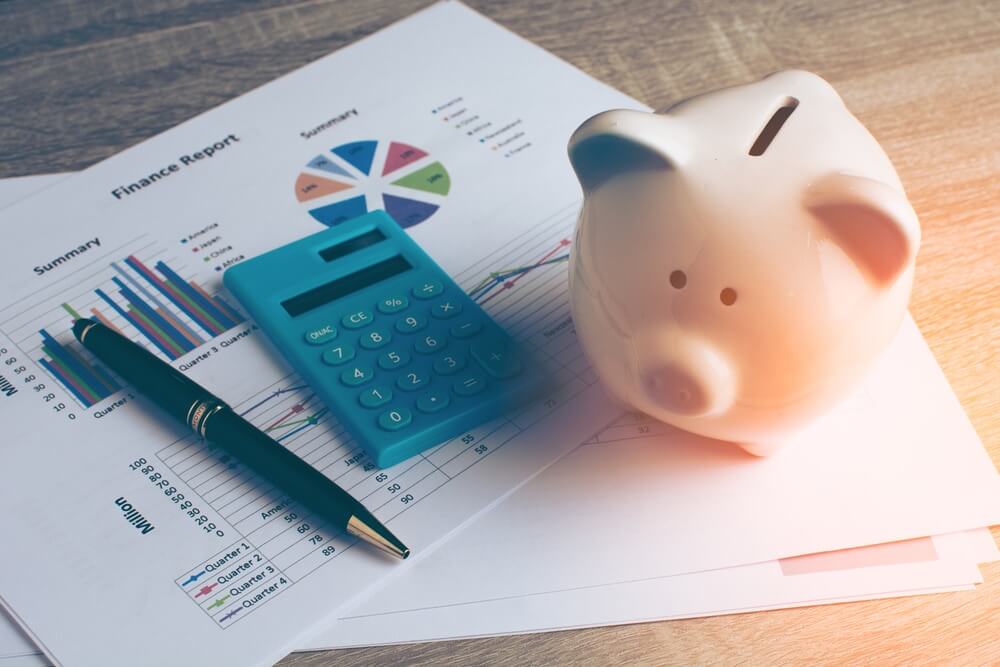
How did Covid-19 change our spending and saving behavior?
After months of lockdown and social distancing due to COVID-19, consumers are forced to shop differently. They are reconfiguring essential priorities and switching checkout lines to online shopping more than ever.
Many countries over the world have experienced changing their money-spending habits during Covid-19. Restrictions on travel, social activities had a massive impact on our spending routine.
There even were numerous reports of people making emergency purchases. However, it resulted in shortages that raised concerns about the sustainability of the food system. Also, it raised doubts about people’s ability to obtain the products they needed.
Pandemic-caused panic buying phenomena
These emergency purchases are called panic buying phenomena. Google search data shows how searches for necessities such as “panic buying” and “toilet paper” increased dramatically in many countries.
The rapidly rising Covid-19 cases make people feel the necessity to get ready for the quarantine. They urge to buy the proper amount of supplies in case of a deficit.
In addition, knowing that other consumers are in a similar situation provides additional incentives to purchase before inventory runs out.
In the UK, demand for necessities is exceptionally high, leading senior politicians to call on people to act responsibly. The government even imposes restrictions on supermarkets to limit the number of individual products purchased by consumers per visit. It leads the UK authority to relax the competition.
Numbers of savers are increasing after Covid-19
In March 2021, the personal savings rate (reflecting the total personal savings minus disposable income) soared to 27.6%. Although protection has risen and people continue to save, consumer spending will experience a short-term slowdown. The last time such a high savings rate was in April 2020, reaching 33%. The disease has slowly resolved in the past 12 months. However, it has remained above 12%, while the pre-pandemic level was below 10%.
Still, the increase in savings does not mean that everyone is sitting on a pile of cash.
Only about one-third of Americans have a written financial plan. Among those who did not plan, 42% said it was because they did not have enough money to make money.
This pandemic has made people aware of how to disrupt lives with little warning. As the economy regains its footing, it is necessary to get rid of the debt burden. Also, it’s essential to start thinking about the future and set manageable short- and long-term goals.
How can you start managing your emergency funds?
We will note several methods you could try to create a financial plan and stay safe for any crisis.
For example, the first step is talking to your friends and finding out what is beneficial or ineffective for them. Ask questions and consider their experience.
Besides, you can start searching for a financial adviser. You can ask an opinion about it to your friends too. There are several services, even online, which provide sufficient financial planning services.
The most important part is to take each step carefully.
Covid-19 taught people the importance of emergency funds. Though, an emergency fund is accurate before and after the pandemic. How to achieve it will depend on your situation.
-
Support
-
Platform
-
Spread
-
Trading Instrument




